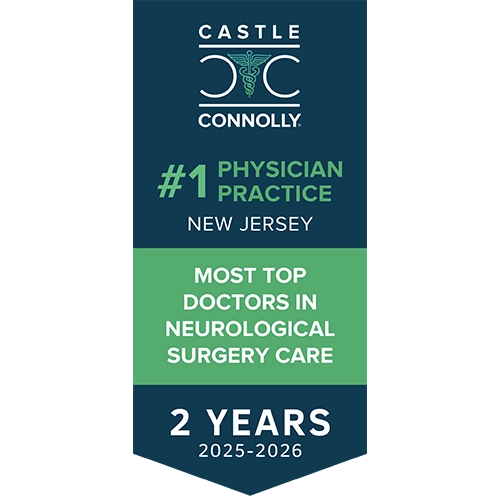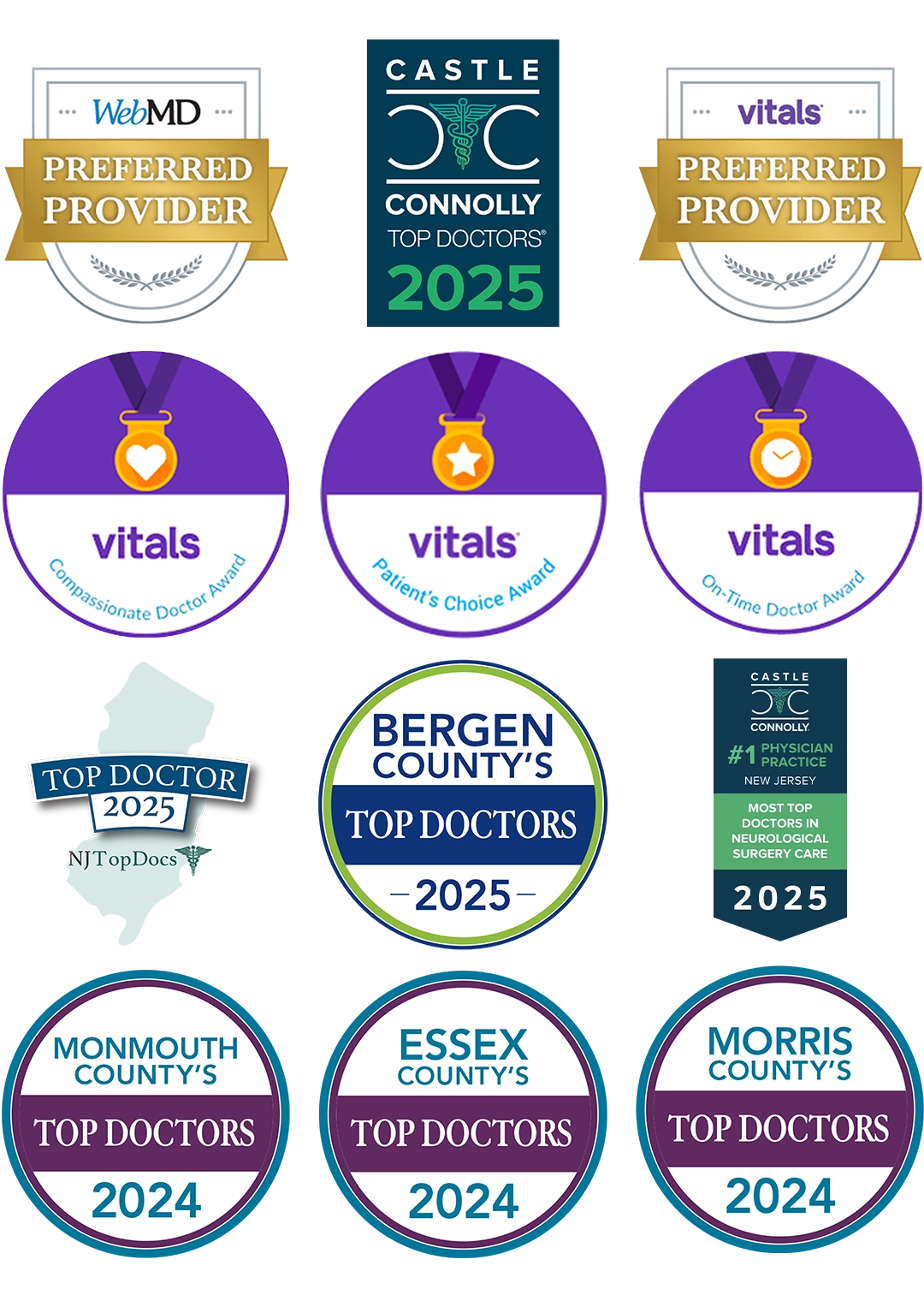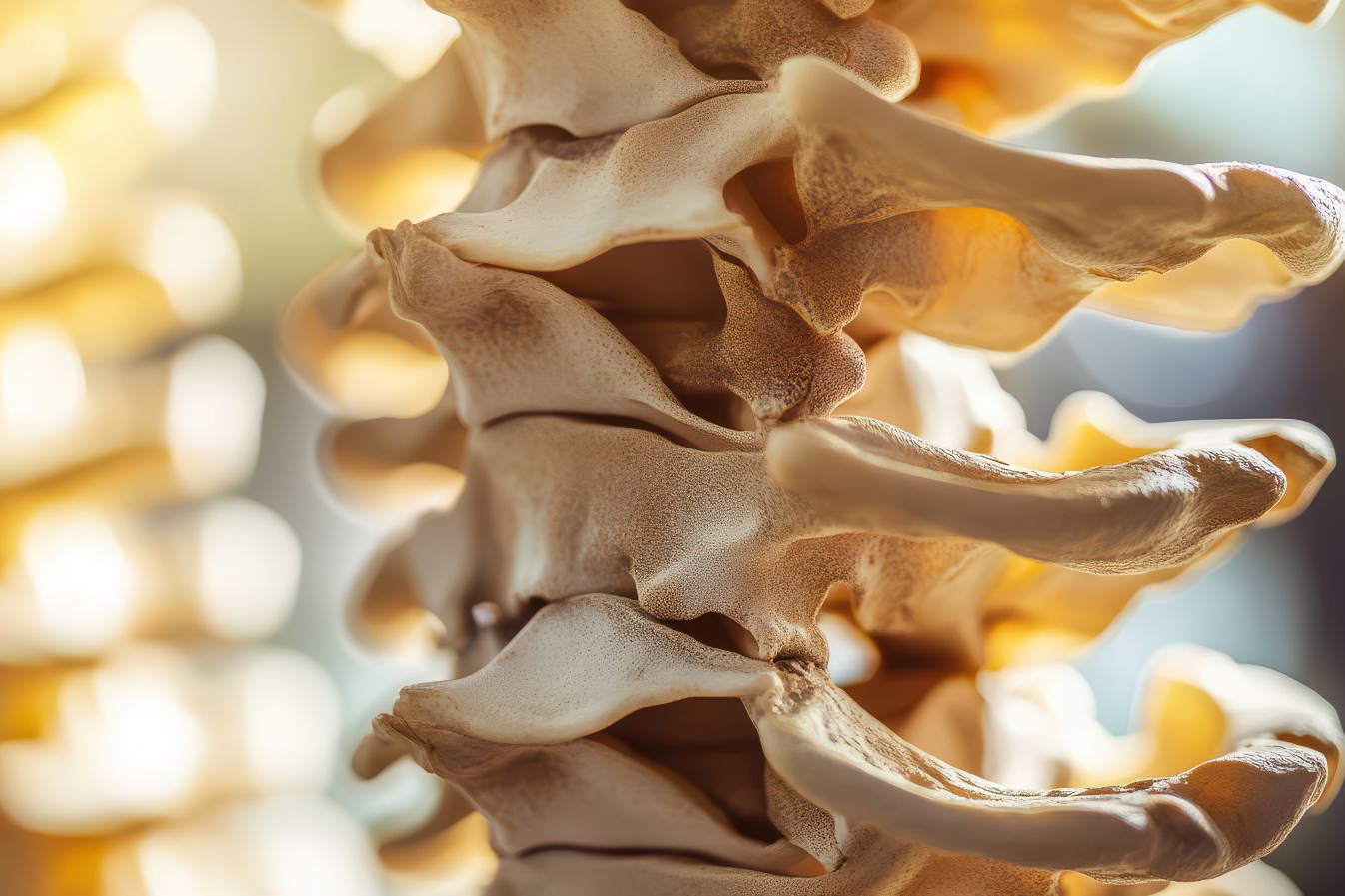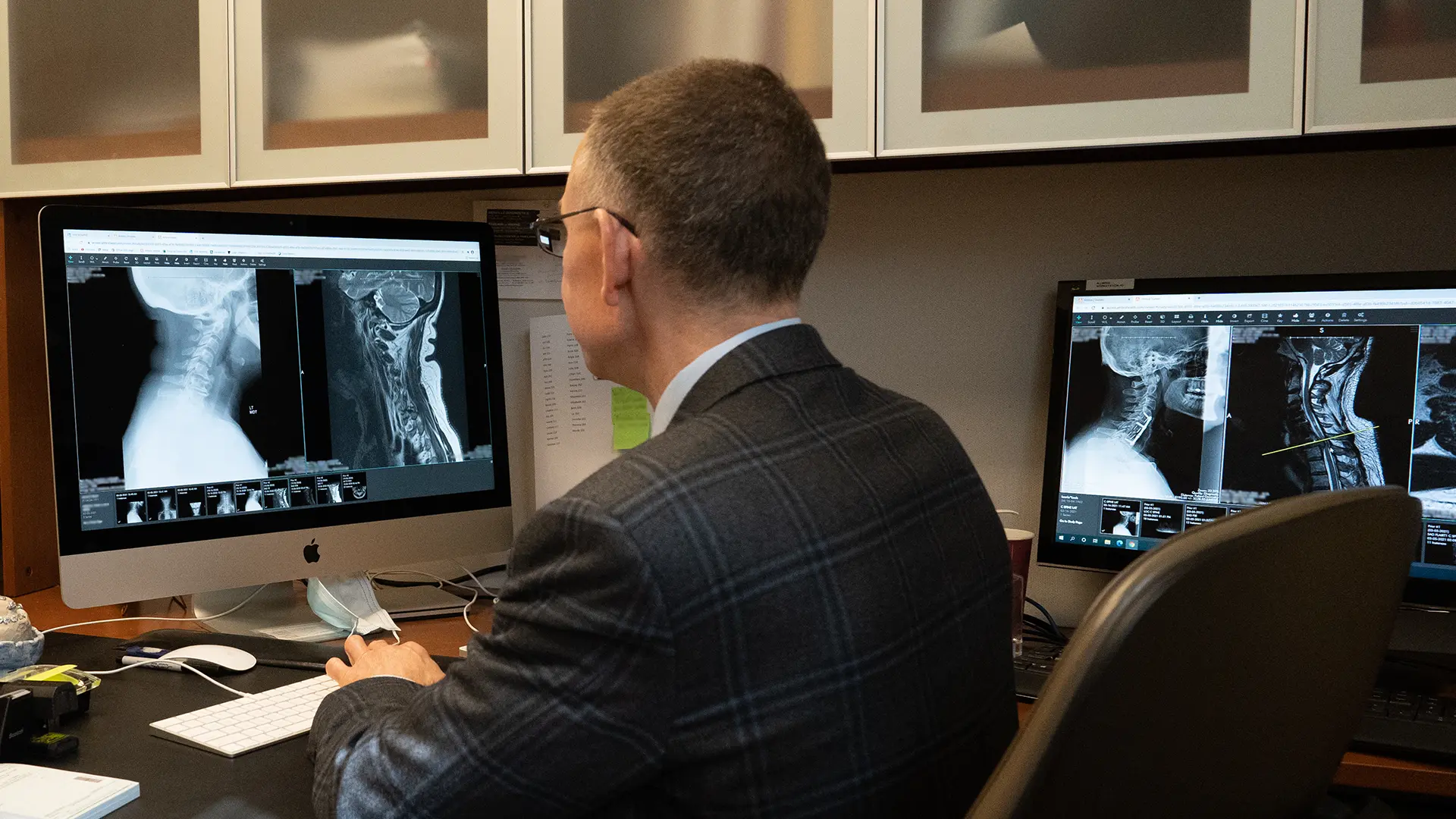Filter By Location
Show All Locations
Eatontown
Edison
Glen Ridge
Holmdel
Livingston
Morristown
Nyack
Paterson
Ridgewood
Toms River
Wayne

At Neurosurgeons of New Jersey, we’re one of the few neurosurgical practices in the state that accepts all major insurance plans. Partnered with a vast network of in-network insurance providers, we work with you to get the care you deserve, making high-quality spine care more accessible. Our insurance specialists can check your coverage and help navigate the approval process with you.




1200 East Ridgewood Ave, Suite 200 & 209
Ridgewood, NJ 07450
201-327-8600
St. Barnabas ACC
200 South Orange Avenue, Suite 265
Livingston, NJ 07039
973-577-2888
745 Hope Road,
Eatontown, NJ 07724
732-222-8866
530 Lakehurst Road
Toms River, NJ 08755
732-222-8866
703 Main Street, Suite A2404
Paterson, NJ 07503
973-754-2463
311 Bay Avenue, Suite 201
Glen Ridge, NJ 07028
973-577-2883
3840 Park Ave, Suite 103B
Edison, NJ 08820
732-372-7085
1680 Route 23 North, Suite 300
Wayne, NJ 07470
973-782-6073
10 Waldron Avenue
Nyack, NY 10960
845-535-1655
Bell Wellness
101 Crawfords Corner Road, Holmdel, NJ 07733
732-222-8866
Choosing a specialist from Neurosurgeons of New Jersey for your spine surgery means choosing expertise and precision. When it comes to surgery for spine conditions, our specialists are equipped with advanced training in the latest techniques, including minimally invasive surgery, designed to reduce hospital stays, minimize postoperative pain, and promote faster recovery. With our surgeons, you gain access to the latest advancements and most effective treatment options, ensuring your care is not just excellent but exceptional.
Our goal is compassionate, patient-focused treatment of neurological conditions to help patients achieve the quality of life they deserve.

Request a consultation with the Spine Team today




The complexity varies by procedure. Minimally invasive techniques are less demanding on your body, with faster healing and reduced risks compared to traditional open surgery.
Recovery varies by procedure type. Minimally invasive procedures typically allow return to normal activities in 3-4 weeks, while more complex surgeries may require 6-12 weeks or longer.
A comprehensive evaluation determines the best approach. Your specific condition, medical history, imaging results, and treatment goals all factor into this decision.
Most patients benefit from physical therapy to restore strength, flexibility, and proper movement patterns. Your surgeon will recommend the appropriate therapy plan for your specific procedure.
Minimally invasive surgery uses smaller incisions (less than 1 inch), specialized instruments, and causes less muscle damage. Open surgery requires larger incisions and more tissue disruption but may be necessary for complex cases.
All surgeries carry risks including infection, bleeding, nerve injury, and anesthesia complications. Minimally invasive techniques typically have lower complication rates than open surgery.
Most insurance plans cover medically necessary spine surgery. Our insurance specialists help verify your coverage and explain your benefits before treatment.
Surgery may be recommended when conservative treatments like physical therapy, medications, or injections haven’t provided relief after several months, or when you have progressive neurological symptoms.